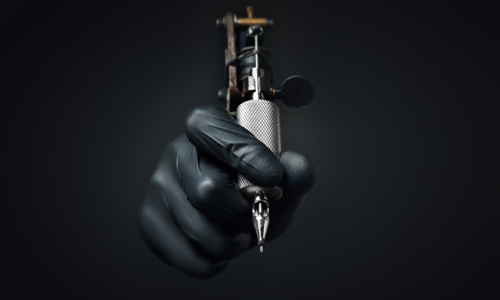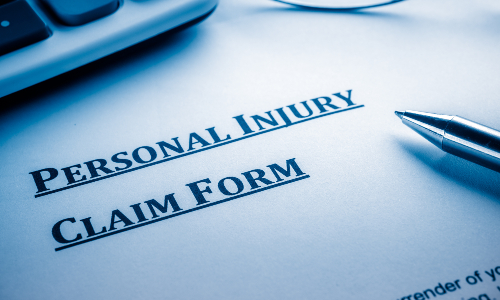How to Win a Wrongful Death Claim in Massachusetts
Wrongful death is the loss of life due to another person’s tort, misconduct, negligence or wrongdoing. A wrongful death claim is a civil lawsuit that seeks to hold the at-fault party accountable for the deceased person’s death. Certain family members in Massachusetts could receive compensation after an executor or administrator of the decedent files a wrongful death suit. The executor or a lawyer will need to take certain steps to prove the case, however, before surviving loved ones can recover damages.
Statute of Limitations
As the plaintiff during a personal injury claim, you will need to file the wrongful death claim within Massachusetts’ statute of limitations. Missing the statute of limitations, or time limit to file, almost guarantees you will not win your wrongful death claim. Most courts in Massachusetts will refuse to hear a case filed after the passing of the statute of limitations.
It is important to file within three years of the date of your loved one’s death as the executor of the estate. You will have a maximum of three years from the date of death or the date you first knew you had grounds to file a wrongful death claim to bring your cause of action under Massachusetts’ statute of limitations.
Elements of Proof
You or your Boston wrongful death attorney will need to establish the elements of proof to win a civil claim. The burden of proof during all civil claims in Massachusetts, including wrongful death lawsuits, is a preponderance of the evidence. This is a lesser burden than in criminal cases (beyond a reasonable doubt). It will only be necessary to prove wrongful death is more likely to be true than untrue. In most cases, this involves establishing four main elements.
- Duty. The allegedly at-fault party (defendant) owed your deceased loved one a duty to exercise reasonable care.
- Breach. The defendant was not reasonable or prudent in his or her treatment of the decedent. In other words, the defendant was negligent.
- Causation. The defendant’s breach of duty caused or significantly contributed to the fatal accident that took your loved one’s life.
- Damages. Your family and/or the estate suffered damages, such as burial expenses, medical costs, lost earnings, and the loss of the victim’s care and companionship because of the defendant.
Your family may not be able to bring a wrongful death claim on behalf of the estate if these four elements are not true. Some exceptions exist, however, such as cases involving strict liability. After a fatal dog attack or defective product incident, for example, your lawyer may not have to prove a breach of duty to win a wrongful death claim. A lawyer will be able to explain the elements of proof in your particular case.
Evidence in a Wrongful Death Claim
It is not enough to have the four elements to win a wrongful death case in Massachusetts. You or your wrongful death attorney will have to prove the existence of these elements through a preponderance of the evidence. A valid wrongful death action requires evidence of the defendant’s fault. Your lawyer can help you collect potential sources of evidence for your case, such as photographs of the scene, eyewitness statements, accident reports, police reports, expert testimony, medical records, coroner reports, and accident reconstruction. A criminal case against a defendant for homicide or a similar crime could also serve as evidence during your civil claim.
When to Hire an Attorney
Most wrongful death claims benefit from legal representation. An attorney can help you fulfill the burden of proof and demonstrate through the use of evidence that it is more likely true than not true that the defendant caused the wrongful death. You and your loved ones can have peace of mind to focus on the future after you hire a wrongful death attorney to take over a case for you. Your lawyer can guide your family through all the steps of bringing, filing and proving a wrongful death claim in Boston.
For more information, call our law office at (617)-391-9001. Or if you would prefer to email us, then please visit our contact page.






